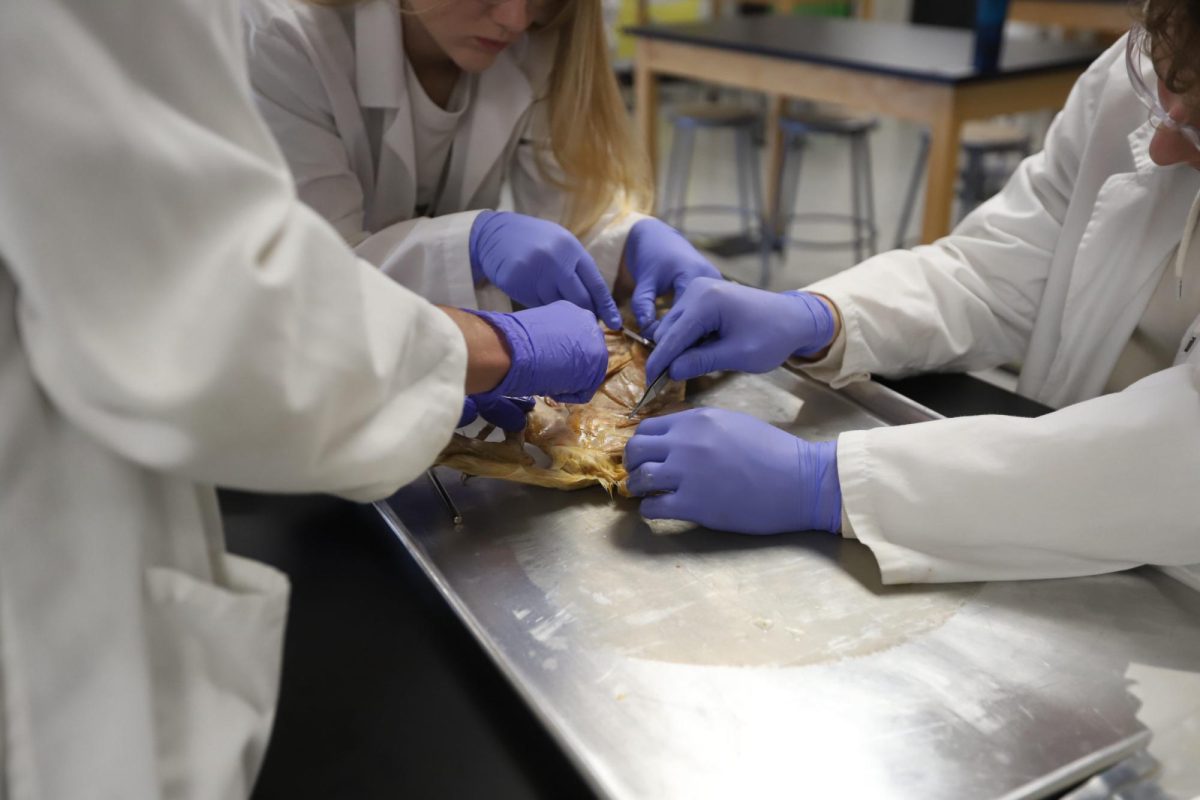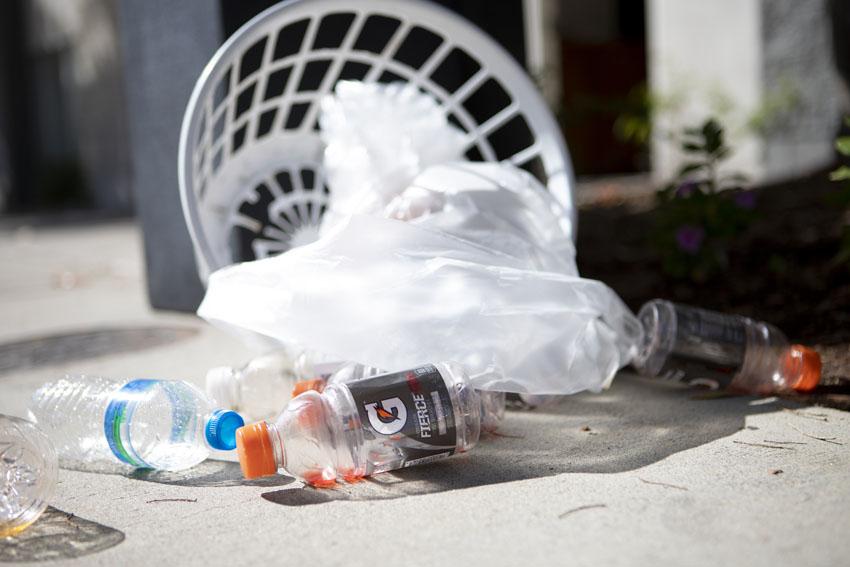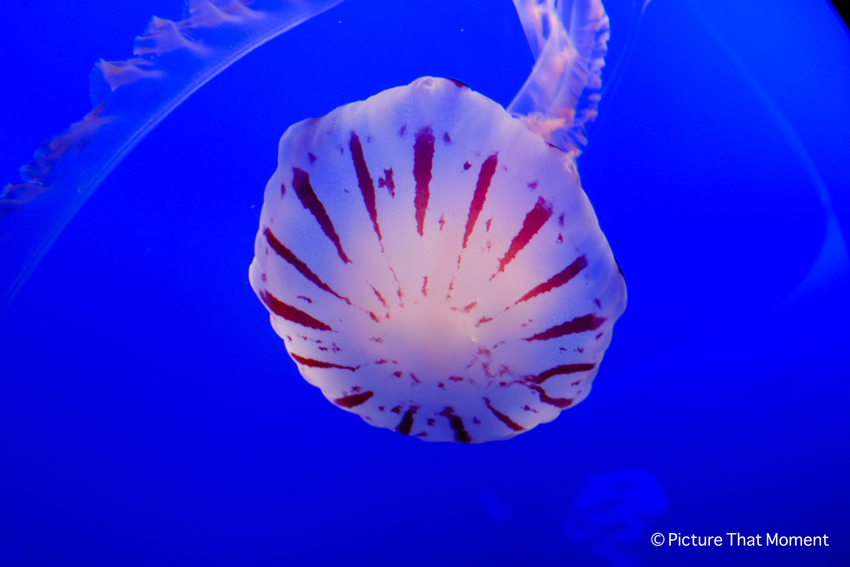Marine conservation organizations initiate ocean clean-up

With 8 million metric tons of plastic being dumped into the ocean every year, ocean pollution develops into one of the biggest environmental challenges on planet Earth.
Plastic drifts together into large circular currents called gyres which traverse the world’s oceans. Trash dumped into the sea in Asia could be America’s problem in a matter of years.
The largest accumulation zone of ocean plastic on the planet, the Great Pacific Garbage Patch, stretches roughly 1.6 million km2, and is growing everyday. Otherwise known as the Pacific trash vortex, the patch collects marine debris and currently rests at 80,000 tonnes.
French long distance swimmer Ben Lecomte embarked on an 80-day swim across the garbage patch, August 2019. Lecomte helped collect scientific samples amidst the 1.8 trillion pieces of plastic floating in the gyre. His journey allowed him to discover areas of most concentrated pollution in the vortex and to study the growth of microplastics.
In the following podcast, senior Logan Lewis discusses ocean pollution with biology and zoology teacher Nathan Case.
Average consumer products only make up roughly 8% of the mass. The Ocean Cleanup’s study showed fishing nets alone accounted for 46% of the trash, while traps, ropes, crates, baskets and other equipment covered a significant portion.

Natural disasters such as tsunamis, hurricanes, landslides and earthquakes generate large amounts of marine debris. These violent events can wash entire structures and cars into the sea. Some debris is pushed out to far corners of the sea, while the rest stays among the shore, polluting beaches and ecosystems.
Where is all this trash coming from? According to a 2017 report by Ocean Conservancy, China, Indonesia, Philippines, Thailand and Vietnam dump more plastic into oceans than the rest of the world combined. Eight million metric tons of plastic go into the ocean every year and plastic production is estimated to double in the next 10 years.
Some organizations are taking initiative in an effort to save the ocean. The Ocean Cleanup uses marine technology to concentrate the pollutants for more effective clean up. Their mission is to extract, ship and recycle up to 50% of the Great Pacific Garbage Patch in five years.
By removing plastics while they are large, they can prevent them from breaking down into microplastics. The project strives to have oceans completely free of plastic by 2050.
A trend sweeping the nation is the plastic straw debate. California and many major companies are limiting the use of plastic straws or completely banning them. Environmentalists hope the change will inspire a larger conversation and motivate people to adjust their lifestyles.
The following tweet features additional statistics and comparisons on ocean pollution.
About 17.6billion pounds: That’s how much plastic we dump into the oceans each year—or the equivalent of nearly 57,000 blue whales. By 2050, ocean plastic will outweigh all of the ocean’s fish. Fortunately, it’s not too late to change that. #SaveOurOceans https://t.co/eTeh9uIzbw
— Conservation Intl (@ConservationOrg) September 7, 2019
Senior Hannah Garcia advocates for reusable straws and carries a metal straw with her wherever she goes. Garcia understands that her influence is small, but takes pride in preserving the planet.

“I was inspired to make this lifestyle change,” Garcia said. “I was reading and watching these videos and articles that were showing mass amounts of plastic polluting our oceans and killing sea life. It’s devastating. I wanted to know when I watched those videos that I was not contributing to the dangers that filled our ocean and that I was making a conscious effort in preserving the safety of our oceans.”
Limiting the use of single-use plastics is a popular solution. The use of plastic bags, wrappers and water bottles can all be replaced with paper or biodegradable materials.
One of the most effective ways to remove pollution is to initiate a beach cleanup. Organizations such as Surfrider organize massive cleanups and assemble diverse age groups and communities to properly dispose of garbage.
Refraining from littering and disposing of garbage in designated receptacles eliminates visual pollution and the possibility of wildlife endangerment.
How do you participate in ocean conservation? Share your thoughts on this issue in the comments below!
For more articles, read Ezekiel Fuller displays work ethic through on campus, off campus activities and BREAKING: Fall concert introduces chamber choir, new music, Oct. 21.
Logan Lewis can be contacted via Instagram, Twitter, and email.










![[Video] 100th CSPA Spring Journalism Conference](https://thefeather.com/wp-content/uploads/2024/04/20240308-cspa-crown-002.jpg)
![[Video] New York Day 4](https://thefeather.com/wp-content/uploads/2024/04/NY-trip-day-4-JC-.jpg)






Claire • Oct 25, 2019 at 8:20 am
This is awful, but wonderful article.
Claire • Oct 25, 2019 at 8:19 am
This is terrible. Great article!
natalie a nichols • Oct 25, 2019 at 8:18 am
Great article! This is a serious issue and people need to know how to save the ocean.
Steve • Oct 21, 2019 at 9:13 am
Good article. If you don’t get the information then nothing will ever change. Good job.
Rebekah • Oct 18, 2019 at 9:23 pm
Great information about an important subject.
Micah Friesen • Oct 18, 2019 at 10:06 am
Thank you for sharing this with us Logan, people need to really take action now and not put it off because we are just doing more and more damage to the world’s oceans and marine life. It will just get harder and harder to reverse the damage we have done. Spread awareness.
Addison Schultz • Oct 17, 2019 at 9:43 pm
Great article Logan! It’s so important to educate ourselves on ocean conservation!